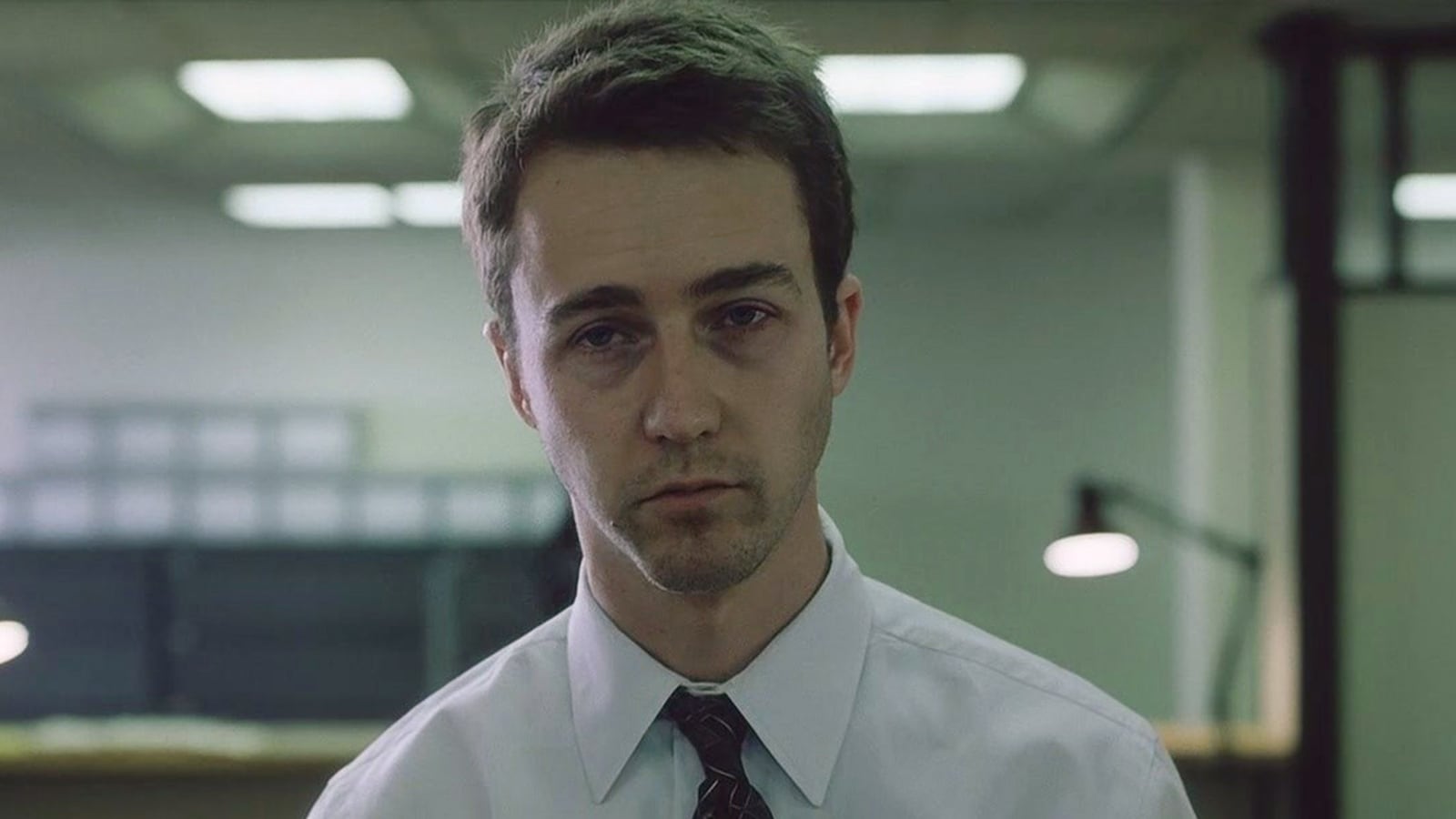Worried you aren’t getting enough sleep at night? Forget caffeine, sugar, and scary movies: Wasting time before bed could be what’s shattering your plans for shut-eye.

Researchers at Utrecht University found that pre-bed procrastination is the latest diagnosable strain of mismanaged time, stopping us from shutting off when we should and causing us to fritter away valuable snoozing opportunities on unnecessary tasks.
Floor Kroese, who led the study, surveyed 177 people’s bedtime habits to find out how procrastination affects not only one’s ability to sleep, but also the impact on their general health and well-being. Defined as the “voluntary delay of an intended course of action despite expecting to be worse off for the delay,” this trend is becoming increasingly prevalent, and provides a string of unfavorable outcomes.
By extending pre-sleep routines for no reason, people find themselves experiencing a reduced amount of time with their subconscious each night and fatigue during the day when trying to fight off this exhaustion. Those who didn’t go straight to bed when tired found themselves the least able to self-regulate and slip into a workable routine, meaning that those additional hours spent watching Netflix or checking out James Franco’s latest crimes against humanity (or at least Instagram) could be messing you up, big time.
“Bedtime procrastination may be a relatively modern phenomenon,” explained Kroese. “We speculate that it is not so much a matter of not wanting to sleep, but rather of not wanting to quit other activities. With the development of electrical devices and the 24/7 entertainment industry, people may be facing many more distractions now compared to several decades ago.”
Failing to get a sufficient amount of rest has recently been labeled a “public health epidemic” due to an array of stats linking shoddy sleepers to traffic accidents, occupational misdemeanors, and an inability to perform daily tasks. It’s also connected to a number of medical conditions, including diabetes, obesity, and depression, as well as a reduction in quality of life and even increased chances of mortality.
In short, not getting enough sleep is slowly killing us—and that nighttime preamble is certainly not helping.
For those under the age of 20, a study of self-reported sleep-induced issues found that 23 percent of those asked were unable to concentrate properly after a bad night’s sleep, while 18 percent said they struggled to remember things if they hadn’t had enough downtime. Approximately 50 million to 70 million American adults have some form of waking disorder, of which snoring (or obstructive sleep apnea) was the worst offender. In a 2009 survey undertaken by the National Center on Sleep Disorders Research and the Centers for Disease Control and Prevention, close to 40 percent of its 74,571 adult respondents admitted to falling asleep during the day as a result of insufficient rest at night.
As a personality trait, procrastination is closely tied to impulsiveness, lack of drive, and poor self-control, and while it has been studied at length in the context of how it affects work, its impact on health is an area that remains ambiguous. Though external factors such as noisy neighbors and snoring are often cited as the reasoning behind an inability to sleep well, Kroese’s study is the first to apportion blame to pre-bed procrastination. Twenty-eight percent of American adults report that they sleep for six or fewer hours each night in spite of the recommended amount being between seven and nine. The fact that we decide for ourselves when to hit the hay means we have a greater propensity for just, well, not doing what we’re supposed to.
One of the most interesting things Utrecht’s survey picked up is that while we usually waste time to avoid unenjoyable duties, going to bed does not fall into this category. This separates it from most other forms of procrastination, and lays blame upon our personal levels of self-control, which are deemed to be at their lowest at he end of the day when we go to bed.
The research team intends to develop their findings further by analyzing “active” and “inactive” types of bedroom procrastinators (i.e. distinguishing between those who delay sleeping because they’re overloaded with activities, and those who merely can’t turn off Orange Is the New Black).
Given the detrimental effects of lack of sleep on our health and well-being, figuring out a way to clamp down on our pre-bed procrastination habit is surely a much-needed way to tackle the problem of redressing our life/snooze balance.





